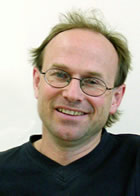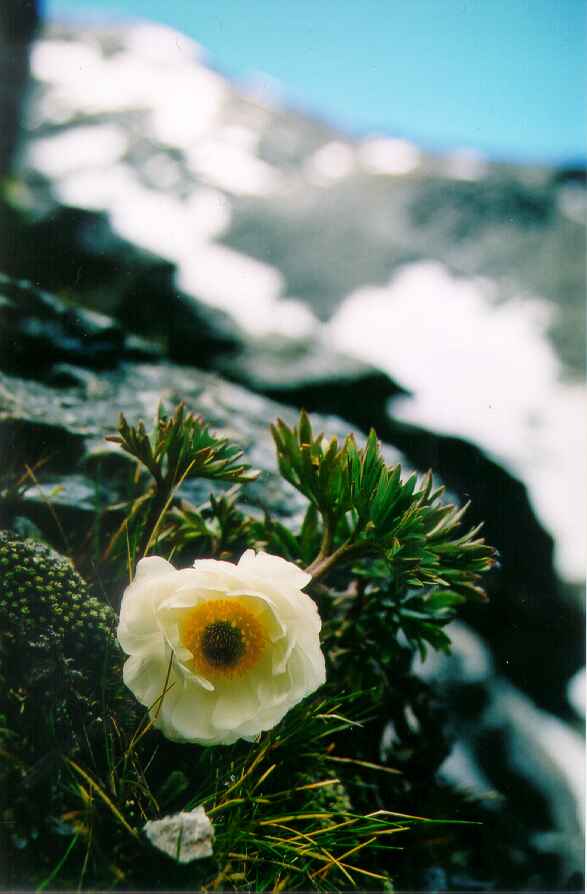Peter Lockhart

Allan Wilson Centre for Molecular Ecology and Evolution,
Massey University
Palmerston North
New Zealand
http://awcmee.massey.ac.nz
My research interests are focused upon plant species radiation and studies on sequence
and genome evolution.
Plant species radiation:
I am interested in questions such as: When and why does species radiation occur? Why
have some plant groups radiated and diversified more than others? What is its relationship
to geological and climatic change? What genetic processes lead to morphological, physiological
and ecological diversification? What are the ecological drivers for diversification? What
roles do glacial refugia play? What role do different plant breeding systems have on
evolutionary dynamics? How does the relative coding capacity of genomes affect the potential
of lineages to evolve? How can genetic and genome information be integrated into biodiversity
conservation strategies?

New Zealand is wonderful place to try and find answers to these questions. It is one of
those places where species radiation is happening now, and where there is a great potential
to study it. Interdisciplinary studies are need to do this, and they range from those
concerning the mathematical description of radiations, studies on the evolutionary dynamics
of genome architecture and sequence evolution, population genetics of morphologically and
ecologically distinct species, to candidate gene approaches for investigating the genetics ]
of morphological evolution. Currently, I am acting as a co-ordinator for a range of projects
on the New Zealand flora being undertaken by collaborating groups in New Zealand and overseas.
The New Zealand Plant Species Radiation Group:
In our lab there are studies underway on Myrsine, Agathis, Nothofagus, Ranunculus, Leptinella,
Pachycladon and Epilobium.
Sequence and genome evolution:
I am also interested in sequence evolution - which seems predominantly to be an asymmetrical
process. My interest arises because sequence evolution is typically modelled as a symmetric
reversible process. An important question is whether or not this is a sufficient description
or model of sequence evolution. I hope to learn more about the biology underlying asymmetrical
processes and what their effect is on phylogeny reconstruction. Most recently, my work has
concentrated on investigating non-stationary covarion-like processes of change and its relationship
to compositional heterogeneity.
|